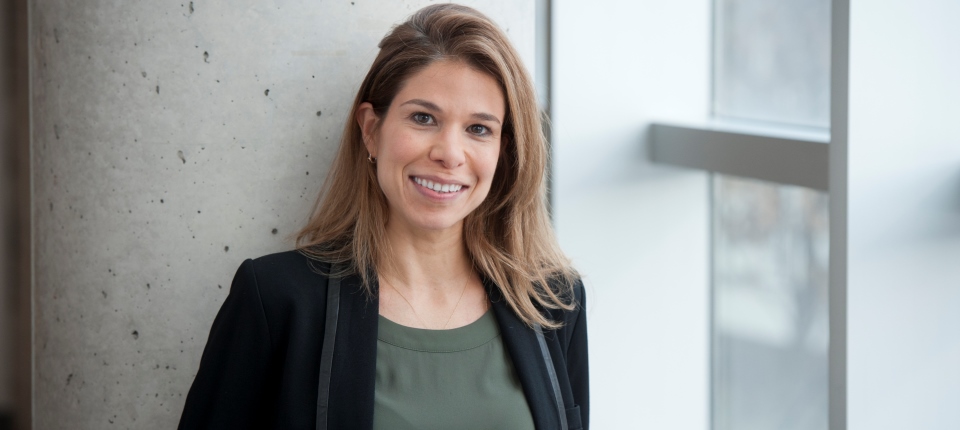Measuring leadership in a global context

Peer feedback could hold the key to improving virtual collaborations
Culturally diverse and geographically dispersed, the realities of today’s work teams have led to much more complex work arrangements and questions for leadership. Magda Donia’s new study, “Leading multicultural global virtual teams,” provides a new foundation to address these challenges.
“For well over a decade, we've heard that fluency in virtual teamwork is rapidly becoming a must-have skill for job-seekers, even as cross-cultural competencies have also become very important,” says professor Donia of her project, which was recently awarded a grant from the Social Sciences and Humanities Research Council. “The implications for leadership in this trend towards ‘multicultural global virtual teams' have not yet been fully explored."
For a look at some of those implications, Donia and her colleagues will analyze data of teams working virtually, beginning with data from the X-Culture Project founded at the University of North Carolina. Every year as part of this project, randomly assigned teams of 4-5 MBA students from around the world are responsible for producing a group report based on a real business challenge.
Donia explains: “There are obviously some limitations in making strong comparisons between students and actual workers. However, the work design, communication tools, performance evaluation system and incentive structure used in the project nonetheless have a lot of comparability with real work settings.”
The researchers will identify leadership characteristics that encourage effective interdependence and cooperation as the teams work towards securing rewards and avoiding losses. Much as in an actual work setting, the researchers are also interested in how those attributes can evolve over time.
To this end, group leaders will provide self-report assessments of their behaviour and attributes, and team members will also rate the leader on these measures. An intervention centering on “upward feedback” from the team to the leader will also be introduced to enable study of the benefits of feedback on leadership and team performance over time.
While contributing to theory, the research also offers the potential to shape practice. “If we find, for example, that our intervention can reduce communication break-downs or encourage higher-performing teams, that would have relevance to global leader selection and training initiatives,” says Donia.
“We’re just at the beginning of an exciting phase of studies on what it means in practice for leaders to steer a team, communicate and adapt to change in this new environment.”

